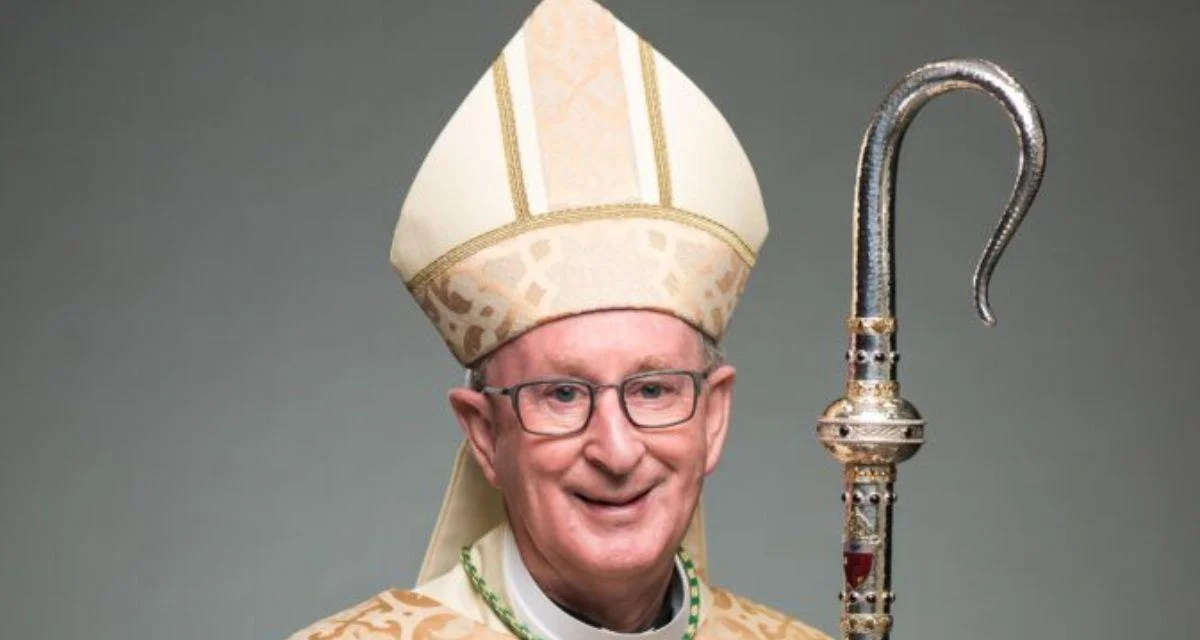
Reverend Joseph E. Kurtz, D.D. Bishop | Archdiocese of Louisville
Reynaldo Ceron, a migrant from El Salvador, received unexpected news on November 6, the day following the U.S. election. He secured an appointment through a smartphone app to enter the United States on November 20, two months before President-elect Donald Trump's inauguration. Ceron expressed his relief and gratitude, saying, "It's been hard, but thanks to God it happened." Despite his permission to enter the U.S., he acknowledged concerns about Trump's victory.
Migrants in Mexico using the CBP One smartphone app face uncertain futures after the U.S. election. Trump has promised mass deportations and reinforced border security measures, including reinstating the "Remain in Mexico" program. He criticized the CBP One app as a "phone app for smuggling" migrants and nominated hard-liners for top immigration positions.
The election outcome has created urgency among migrants aiming to reach the U.S. before Trump's inauguration. Dominican Brother Obed Cuellar noted, "They want to enter prior to Trump taking office." Jesuit Father Brian Strassburger observed that many migrants felt "sad, scared, afraid, worried" about future developments.
The CBP One app allocates 1,450 daily appointments for entering the U.S., with its coverage area expanded in August to include southern Mexican states like Chiapas and Tabasco. Joanna Williams of the Kino Border Initiative remarked that expanding coverage without increasing available appointments only enlarges the applicant pool without addressing demand.
Ahead of the U.S. election, Mexico intensified its migration enforcement efforts by detaining over 700,000 migrants in 2024 and relocating them to its southern border region instead of deporting them.
The Biden administration restricted asylum access in June, reducing migrant encounters to 53,858 in September—the lowest monthly total in four years according to U.S. Customs and Border Protection data.
Father Francisco Gallardo from Matamoros Diocese highlighted that despite changing enforcement dynamics over decades, "there has never been a stoppage of migrants coming to the border."


 Alerts Sign-up
Alerts Sign-up